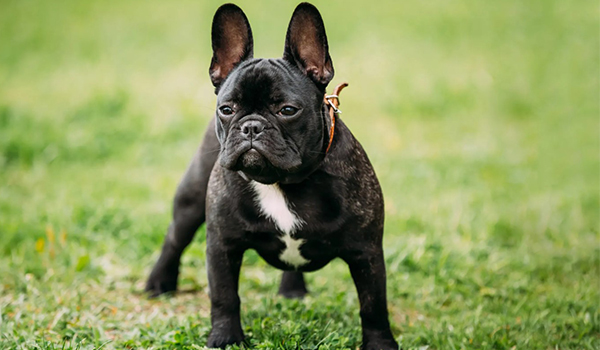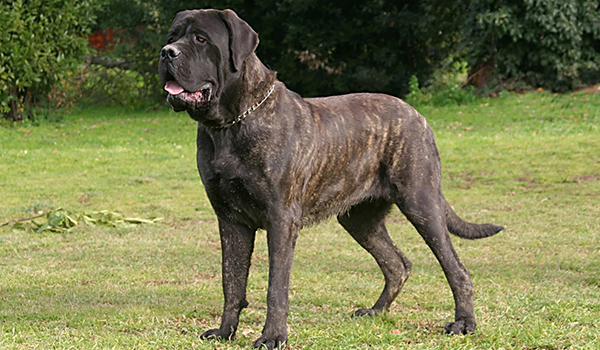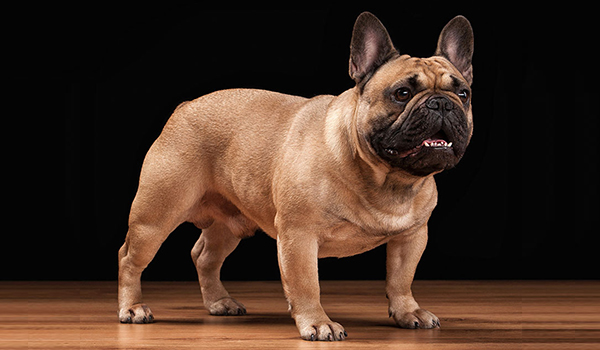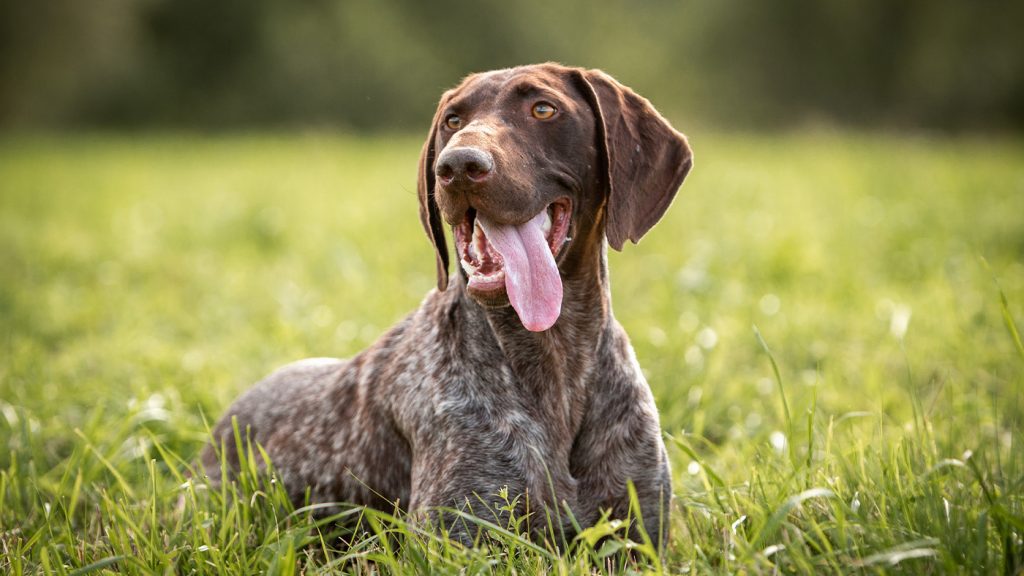
The German Shorthaired Pointer (GSP) is the ultimate all-purpose hunting dog and a boundless bundle of energy. Renowned for their athleticism, intelligence, and versatility, they are as comfortable pointing a bird in the field as they are cuddling on the couch with their family. With their sleek, spotted coat and noble expression, they are the picture of canine efficiency, but their high-octane nature demands a specific kind of owner.
This comprehensive guide will explore the reality of life with a GSP to help you determine if you have the active lifestyle, time, and dedication to meet the needs of this brilliant and energetic breed.
Breed Overview
- Group: Sporting
- Height: 21 – 25 inches (at the shoulder)
- Weight: 45 – 70 pounds
- Life Span: 10 – 12 years
- Coat: Short, thick, and tough-to-the-touch; it is water-resistant and easy to care for. The color is typically a solid liver (brown) or a combination of liver and white, which can be patched, spotted, or ticked.
A Brief History: The Ultimate All-Purpose Hunter
Developed in Germany in the 19th century, the GSP was bred to be the perfect all-in-one hunting companion. German hunters wanted a single dog that could do it all: point game, retrieve from land and water, and track wounded animals. To create this versatile hunter, breeders crossed traditional Spanish and German pointing breeds with the English Pointer and possibly the Vizsla.
The result was a dog of exceptional stamina, a superb nose, and a strong desire to work closely with its handler. They were introduced to the United States in the 1920s and quickly gained popularity for their skills and agreeable temperament, becoming a favorite among hunters and active families alike.
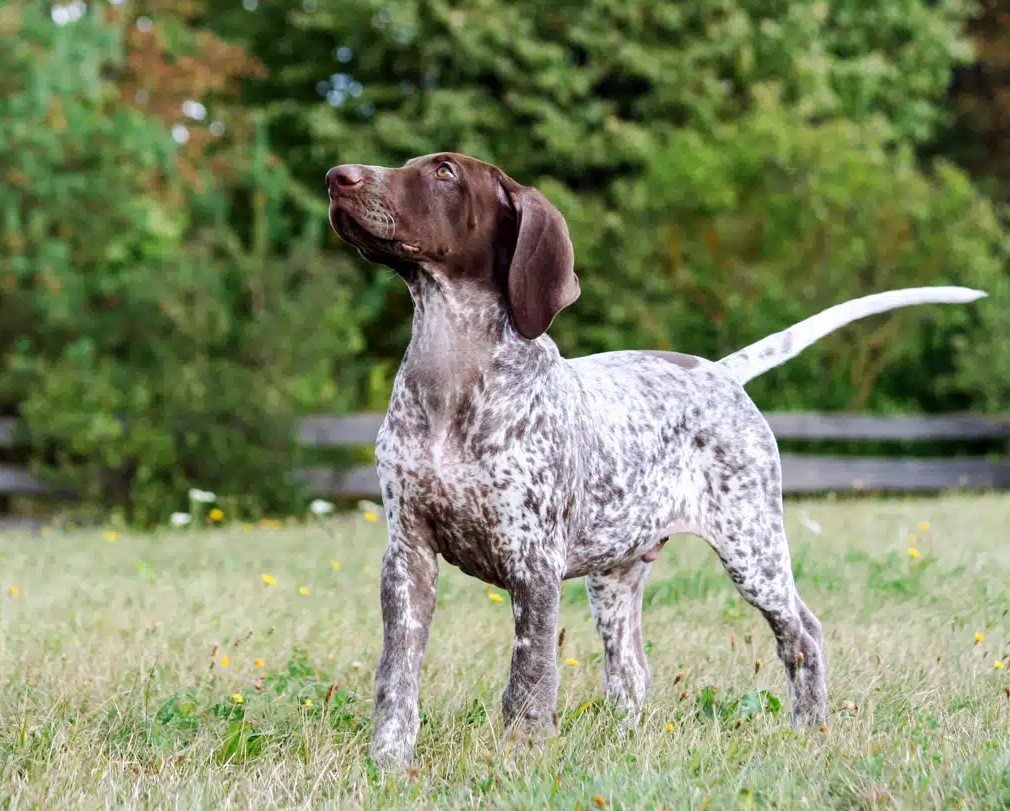
The German Shorthaired Pointer Temperament: Energetic, Intelligent, and People-Pleasing
The GSP’s personality is a dynamic mix of high energy and affectionate loyalty. They are true “velcro dogs” that thrive on human partnership.
- Energetic & Athletic: Bred for a full day’s work in the field, GSPs have a seemingly endless reservoir of energy. They are not a casual walking partner; they are running, hiking, and swimming partners.
- Intelligent & Trainable: They are brilliant problem-solvers and highly trainable. Their eagerness to please makes them excellent students, but their intelligence also means they get bored easily without sufficient mental challenge.
- Friendly & People-Oriented: GSPs are typically outgoing, friendly, and form extremely strong bonds with their families. They are known for their affectionate, sometimes goofy, nature at home and do not do well when left alone for long periods.
- Driven & Focused: Their hunting instincts are powerful. They have a strong prey drive and may point at birds, squirrels, or even toys. This drive needs an appropriate outlet.
- Versatile & Willing: Whether it’s hunting, agility, dock diving, or simply being an adventure buddy, a GSP is happy to do anything as long as it’s with you.
Caring for Your German Shorthaired Pointer
Exercise: A Non-Negotiable Lifestyle
This is the single most important aspect of GSP ownership. An under-exercised GSP will be destructive, anxious, and develop behavioral problems.
- Daily Requirements: At least 90-120 minutes of vigorous, heart-pumping exercise every single day. This is a minimum.
- Types of Exercise: This must be more than a walk. Ideal activities include:
- Running: Jogging, bikejoring, or running alongside a bike.
- Swimming: Most GSPs love water and are excellent swimmers.
- Off-Leash Work: In a secure area, long-distance running and fetching.
- Dog Sports: Agility, field trials, nose work, and dock diving are perfect outlets.
- Mental Stimulation: A tired body is not enough; their mind must be tired too. Training sessions, puzzle toys, and hiding treats for them to find are essential.
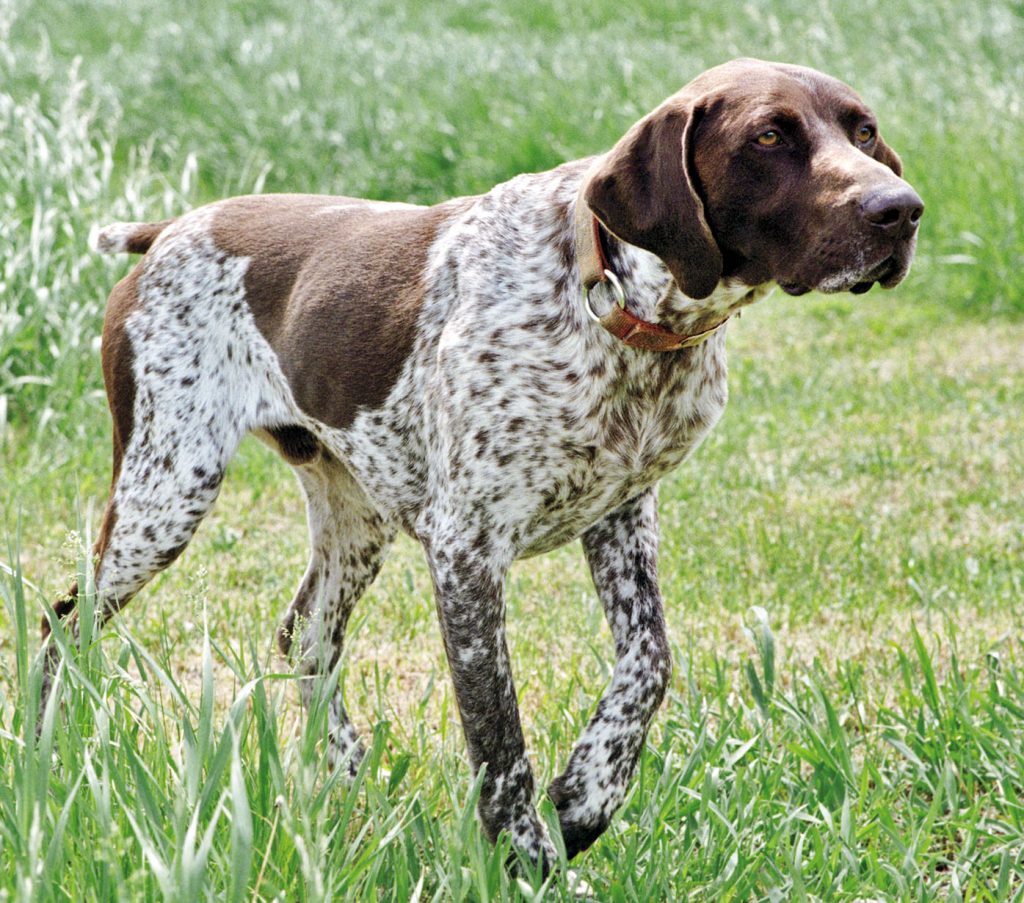
Grooming: Surprisingly Low-Maintenance
- Brushing: A quick weekly brush with a grooming mitt or soft bristle brush is all that’s needed to remove loose hair and distribute skin oils. They are moderate shedders.
- Bathing: Bathe only as needed. Their short coat is easy to keep clean and dries quickly.
- Other Needs: Regular ear cleaning (especially after swimming), nail trimming, and teeth brushing.
Training: Channeling Instinct into Obedience
Training a GSP is generally a joy due to their intelligence, but it requires consistency and creativity.
- Start Immediately: Begin socialization and puppy training on day one. Expose them to a wide variety of people, animals, and environments to build a confident, well-adjusted dog.
- Be a Leader: They need a confident, consistent handler. Use positive reinforcement methods with high-value treats, praise, and play. They are sensitive and do not respond well to harshness.
- Channel Their Drive: Provide appropriate outlets for their prey drive. Training for a “whoa” or “leave it” command is crucial. Engaging in hunting tests or field work is the ultimate fulfillment for them.
- Master Recall: A reliable recall is essential, but their strong nose and drive can be distracting. Practice in securely fenced areas before attempting off-leash work in open spaces.
Health: What to Be Aware Of
GSPs are generally a robust and healthy breed, but they are prone to certain genetic conditions. Reputable breeders test for these.
- Hip Dysplasia: A common skeletal condition that responsible breeders screen for with OFA or PennHIP certifications.
- Eye Conditions: Such as entropion and progressive retinal atrophy (PRA). Reputable breeders have their dogs’ eyes certified annually by a veterinary ophthalmologist.
- Lymphedema: A rare but serious hereditary condition that causes swelling in the legs due to poor lymph system development.
- Epilepsy: They can be prone to seizures, which are usually managed with medication.
- Bloat (Gastric Dilatation-Volvulus): A life-threatening emergency that affects deep-chested breeds. Preventative measures are important.
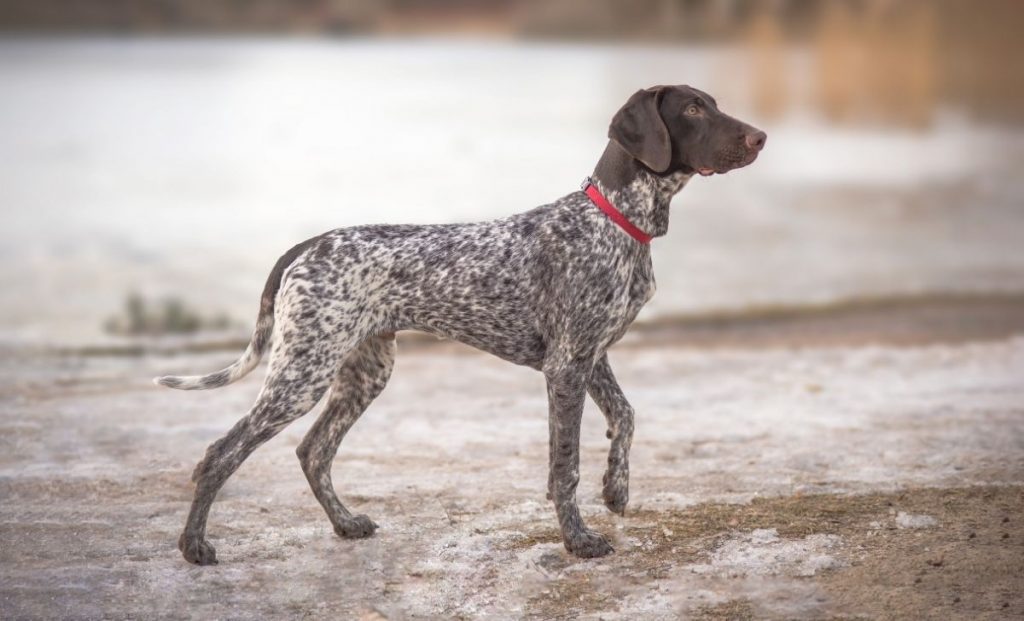
Is a German Shorthaired Pointer Right For You?
A German Shorthaired Pointer might be your perfect match if you:
- Are an extremely active person or family (runner, hiker, hunter, athlete).
- Want a versatile partner for dog sports or outdoor adventures.
- Have a securely fenced yard and enjoy spending time outdoors.
- Want a loyal, affectionate, and intelligent “shadow” that is always by your side.
- Are an experienced dog owner who can provide firm, gentle leadership.
You should absolutely reconsider if you:
- Want a low-energy or sedentary lap dog.
- Are away from home for long hours on a regular basis.
- Are a first-time dog owner unprepared for such high energy and intelligence.
- Do not have a secure area for off-leash exercise.
- Are frustrated by a strong prey drive.
Finding Your German Shorthaired Pointer
- Reputable Breeders: This is crucial. A good breeder will:
- Health Test: Provide OFA/PennHIP certifications for hips and annual eye clearances.
- Focus on Temperament: Breed for stable, sound nerves and a good working attitude.
- Interview You Rigorously: They will want to ensure you have the lifestyle and experience for one of their high-energy puppies.
- Rescue & Shelters: GSP-specific rescues are very active. Many dogs end up there because owners were completely overwhelmed by their energy needs. Adopting an adult can be a great way to provide a second chance.
Understanding the Cost: The initial cost from a reputable breeder in the U.S. ranges from $800 to $2,000+. The larger cost is the investment of time and activity. You must also budget for high-quality food (they eat a lot), potential sports training classes, and preventative healthcare.
Bringing a German Shorthaired Pointer into your life is a commitment to an active, adventurous partnership. In return for your dedication, you will gain the most loyal, energetic, and versatile companion imaginable—a dog whose enthusiasm for life and work is truly contagious.

